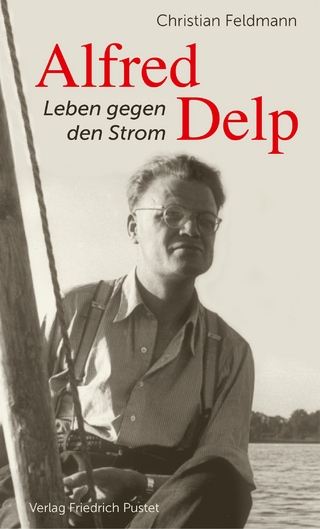
The Systemic View as a Basis for Philological Thought
Lexington Books (Verlag)
978-1-7936-4771-9 (ISBN)
In A Systemic View as the Base of Philological Thought, Olga Valentinova, Vladimir Denisenko, Sergey Preobrazhenskii, and Mikhail Rybakov explore the interrelation of language material, structure, and functions in various subjects of philological research, such as grammatical systems of language, semantics, linguistic personality, literary text, and formal aspects of verse. Their systemic approach is rooted in the theories of Wilhelm von Humboldt and his followers, including Russian scholars Alexander Potebnya, Gustav Shpet, and more recently Gennadii Prokop’evichMel’nikov (1928–2000). The authors use the concept of systemicity as an opportunity to see the studied whole in development, to show the functional interaction of linear and supra-linear connections, to explain their interdependence, and to predict further changes within the system. This book displays the scientific potential of the systemic approach to linguistics and related spheres, employing the framework of systematicity to revise the modern trends of philology and to map out an alternative paradigm for linguistic and philological thought that could restore the status of philology as a holistic science.
Olga Ivanovna Valentinova is professor of linguistics at RUDN University. Vladimir Nikiforovich Denisenko is professor and Head of the General and Russian Linguistics Department at RUDN University. Sergei Iur’evich Preobrazhenskii taught at RUDN University. Mikhail Anatol’evich Rybakov is associate professor of linguistics at RUDN University.
List of Figures and Tables
Acknowledgements
Introduction
Part 1: How to Classify Languages: Autonomous Classifications or a Comprehensive One? (by Mikhail Rybakov)
Chapter 1: The Main Problems of Linguistic Typology
Chapter 2: Can a Linguistic Classification Explain Anything about a Language?
Chapter 3: The Prospects of Creating a Semantic Language Typology
Chapter 4: Fundamental Concepts of Systemic Methodology and G. P. Mel’nikov’s Systemic Typology
Chapter 5: The Typological Analysis of the Category of Case
Chapter 6: The Systemic Theory of Predication: The Internal Form of Morphological Types
Part 2: Modelling the System of Language (by Vladimir Denisenko)
Chapter 7: Modelling the System of Language with Regard to the Linguistic Personality
Chapter 8: Research Potential of the Semantic Field Method
Part 3: The Systemic Approach to Investigating Text and Style: The Rationale of the Causal Typology of Texts (by Olga Valentinova)
Chapter 9: The Medieval Model of Correlation Between Form and Content
Chapter 10: The Secularized Consciousness and Overcoming the Medieval Principle of Form–Content Correlation
Chapter 11: Desacralization as the Main Vector of Historical Change in the Semantic Structure of the Russian Literary Language
Chapter 12: Stylistic Signs of Our Time: Visible Changes in the Public Consciousness
Chapter 13: The Potential of the Systemic Approach in the Study of Literary Texts
Part 4: The Systemic Analysis of Verse (by Sergei Preobrazhenskii)
Chapter 14: G. P. Mel’nikov: A Linguist for the 21ˢᵗ Century
Chapter 15: “Shevchenko’s” Hexasyllable as a Common Slavic Two-Accent and Two-Word Verseme
Chapter 16: The Hypothesis of the Typological Proximity of Micropolymetry and Devotional Verse
Chapter 17: The Logaoedic Adoneus as an International Two-Word Verseme
Glossary
Bibliography
Essential Terms Index
Names Index
About the Authors
| Erscheinungsdatum | 25.06.2021 |
|---|---|
| Reihe/Serie | Studies in Slavic, Baltic, and Eastern European Languages and Cultures |
| Übersetzer | Olga Barash |
| Verlagsort | Lanham, MD |
| Sprache | englisch |
| Maße | 159 x 228 mm |
| Gewicht | 835 g |
| Themenwelt | Schulbuch / Wörterbuch ► Wörterbuch / Fremdsprachen |
| Geisteswissenschaften ► Geschichte ► Regional- / Ländergeschichte | |
| Geisteswissenschaften ► Sprach- / Literaturwissenschaft ► Sprachwissenschaft | |
| ISBN-10 | 1-7936-4771-2 / 1793647712 |
| ISBN-13 | 978-1-7936-4771-9 / 9781793647719 |
| Zustand | Neuware |
| Haben Sie eine Frage zum Produkt? |
aus dem Bereich


